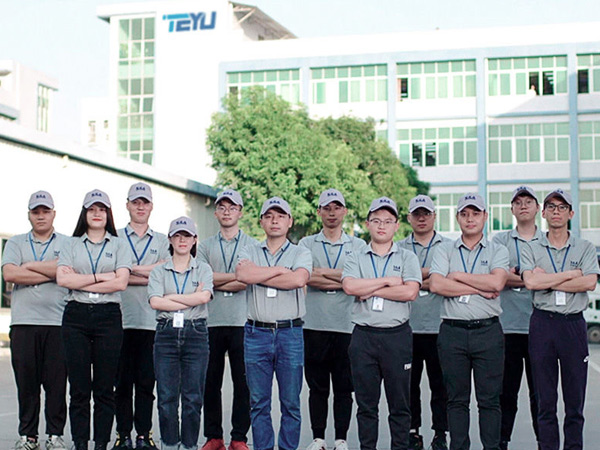Leakage in industrial chillers can result from aging seals, improper installation, corrosive media, pressure fluctuations, or faulty components. To fix the issue, it's essential to replace damaged seals, ensure correct installation, use corrosion-resistant materials, stabilize pressure, and repair or replace faulty parts. For complex cases, seeking professional support is recommended.
How to Identify and Fix Leakage Issues in Industrial Chillers?
Industrial chillers are critical for maintaining optimal operating temperatures in various applications. However, leakage issues can occasionally occur, leading to reduced performance, downtime, and maintenance costs. Understanding the causes and knowing how to address them promptly can help ensure long-term system reliability.
Common Causes of Leakage in Industrial Chillers
Several factors can contribute to leakage in industrial chillers. One of the most frequent causes is aging or damaged sealing rings, which can degrade over time due to wear, improper material selection, or exposure to incompatible fluids. Installation errors, such as overtightened or misaligned components, may also compromise the sealing. Corrosive cooling media can erode seals and internal components if not properly managed. Additionally, excessive pressure fluctuations can damage seals and lead to leaks. Faults in other chiller components, including the water tank, evaporator, condenser, pipelines, or valves, can also cause leakage if there are weld defects or loose connections.
Solutions and Preventive Measures
To resolve leakage problems, it's essential to first replace any worn or incompatible sealing rings with suitable materials that meet operating conditions. Ensure that all components are installed correctly and tightened as specified in the user manual. Choose corrosion-resistant materials and regularly clean the system and replace the coolant to prevent chemical damage. Installing pressure-stabilizing devices like buffer tanks or pressure relief valves can help maintain steady internal pressure. For damaged structural parts, repair via welding or component replacement may be necessary. When in doubt or lacking technical expertise, contacting a professional service team is highly recommended. TEYU S&A chiller users can reach out to our after-sales team at service@teyuchiller.com for expert support.
By identifying the root cause of leaks and implementing appropriate solutions, industrial chiller operators can effectively protect their equipment and maintain efficient cooling performance.


We're here for you when you need us.
Please complete the form to contact us, and we'll be happy to help you.









































































































